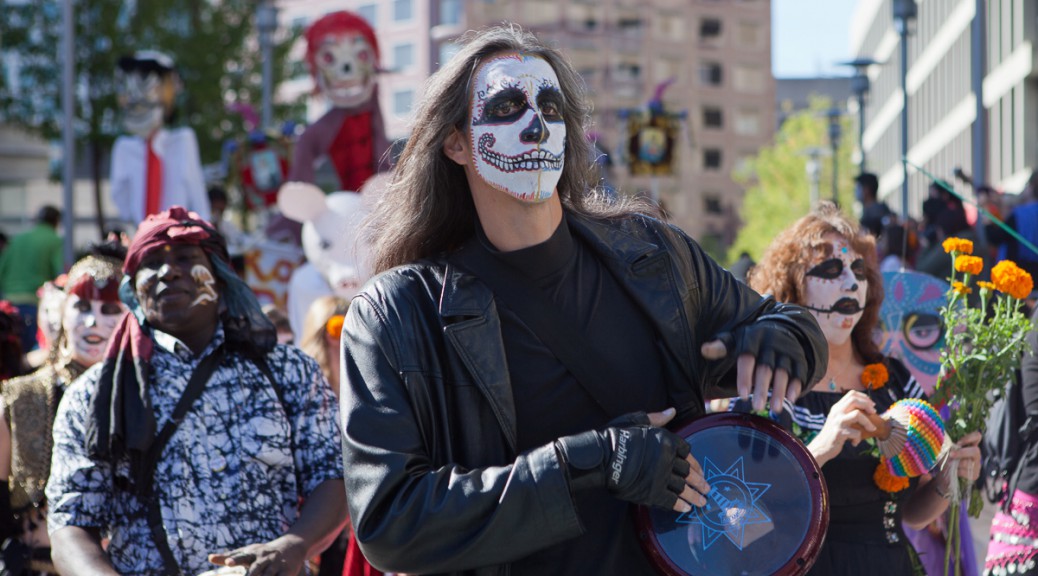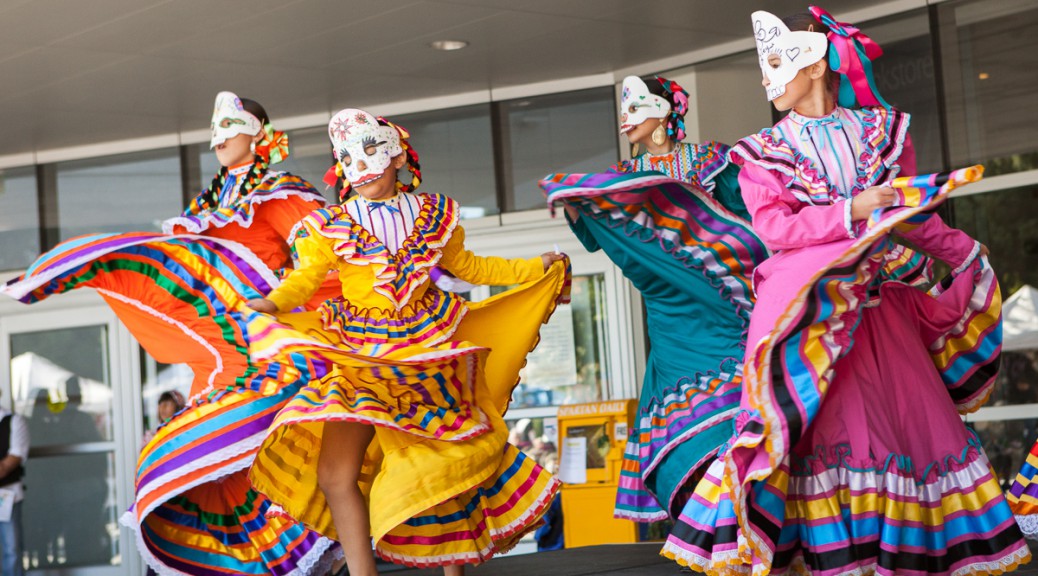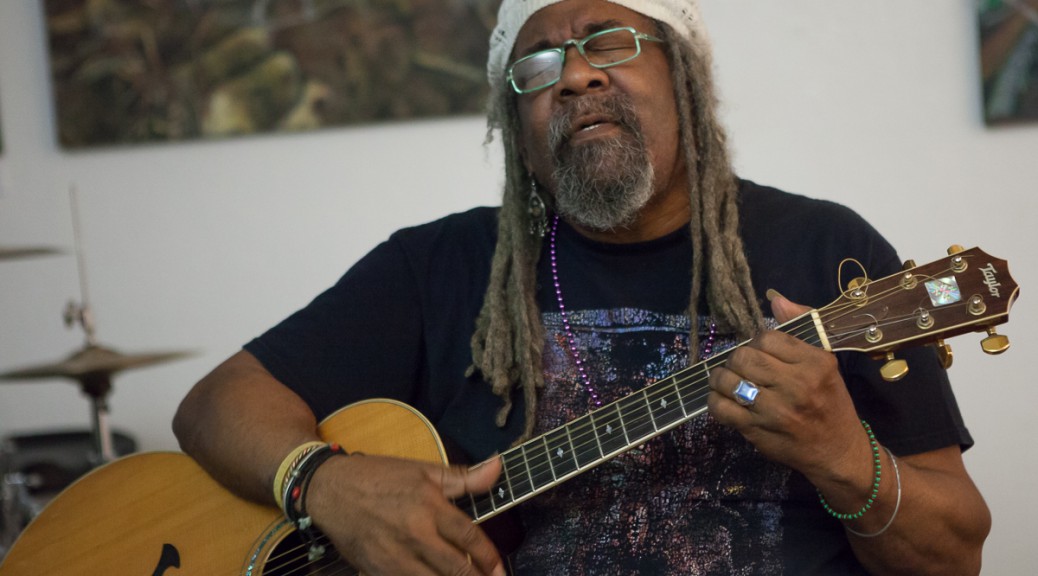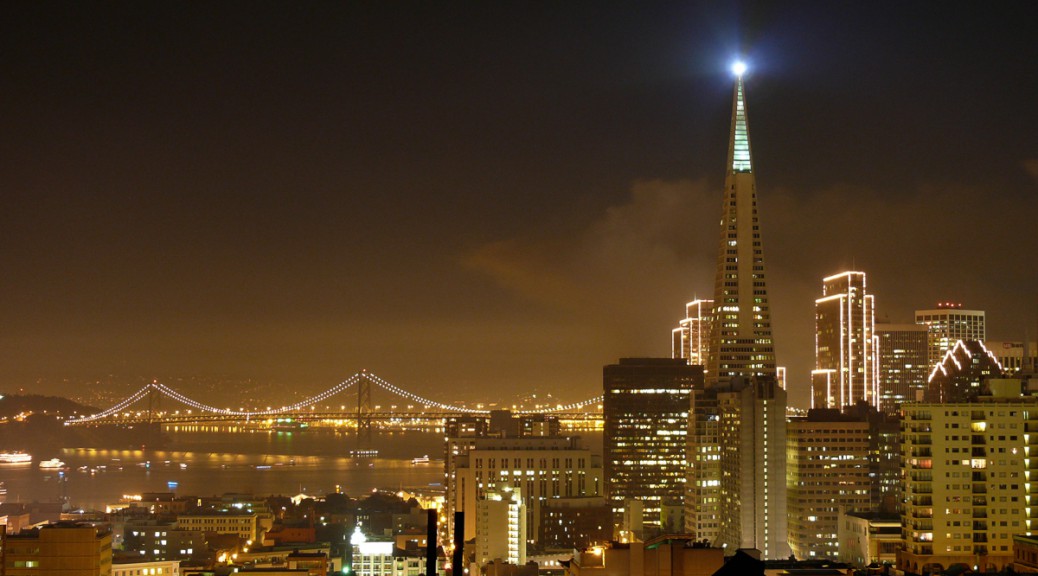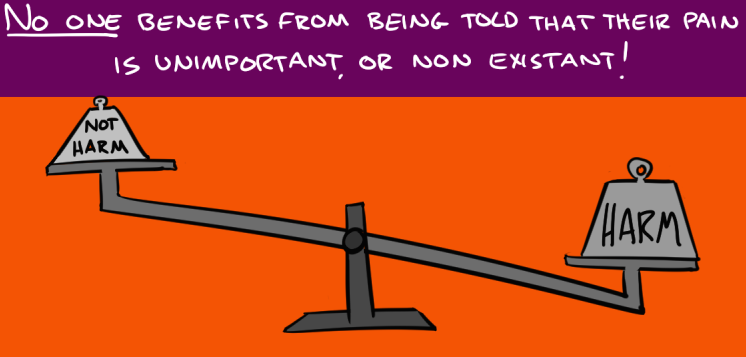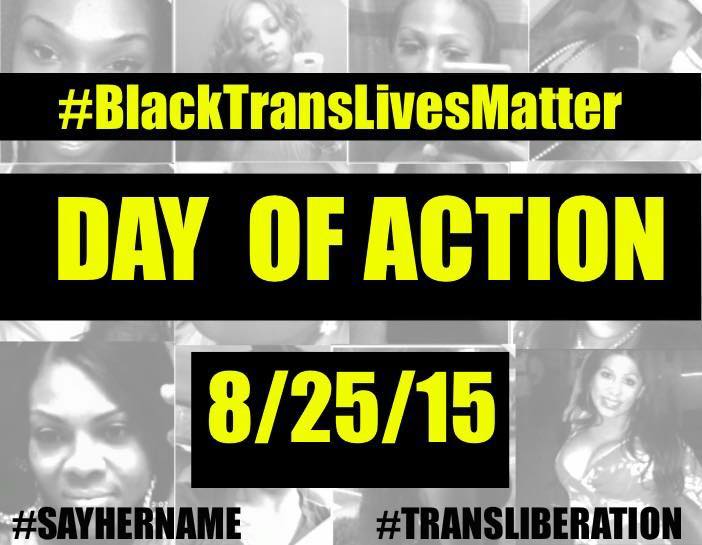My partner Ziggy and I have cooked a vegan Thanksgiving meal together almost every year since we met in 2001. It’s a tradition we’ve looked forward to in the midst of a very busy work season where he gets few days off. We’d spend the whole day preparing a feast of Tofurky and all the trimmings – mashed potatoes, biscuits, pumpkin pie, the works – invite a friend or two over, and gorge ourselves.
While doing this, I was always aware that the origins of Thanksgiving were not the colonialist fantasy most of us were taught in grade school. I saw the occasion simply as an excuse to eat enormous amounts of tasty food. But last year I became aware that the true story of Thanksgiving is even darker than I imagined. See this video (transcript available) by Kat Blaque:
https://youtu.be/yp4O9thjkDo
After reading that our beloved holiday commemorated a massacre, I could no longer look forward to this feast. Even though no dead bird was at the center of our table, the blood of slaughtered indigenous humans just as surely left a stain.
I spoke with Ziggy, and we decided to still have our traditional dinner, but not invite anyone, figuring that it was still a rare day off for him and we should celebrate our time together. I rationalized that having pasta that night instead wouldn’t have done anything to help the situation. But I did not post photos of our meal or otherwise publicly celebrate the holiday.
This year, Ziggy wanted to invite some relatives for the holiday, so the issue became more important. We spoke again and we’ve agreed to shed some of the traditional trappings from the meal, including the Tofurky, and make it clear that we are having a harvest feast and not celebrating the historical Thanksgiving holiday. I no longer believe in making compromises for family or friends when it comes to veganism, so I don’t see why we should do so when it comes to human rights issues either.
Too many vegans will make compromises this week, however, and sit at a table with a dead bird at the center in the name of “family harmony.” Would they do so if the centerpiece featured the corpse or a cat or dog? For those (non-natives) having vegan Thanksgiving dinners, would they feel the same way about this holiday if they learned that it commemorated the slaughter of their own ancestors?
US-American history is rife with bloodshed and oppression. Our culture of killing that encourages us to smile and laugh while we eat the bodies of others is the same culture that encourages white bodies to subjugate brown bodies. Breaking the cycle of slaughter requires people to take a stand, even if their actions and opinions alienate them from friends and family. Holiday time or any other time, speciesism and racism have no place at the table.
